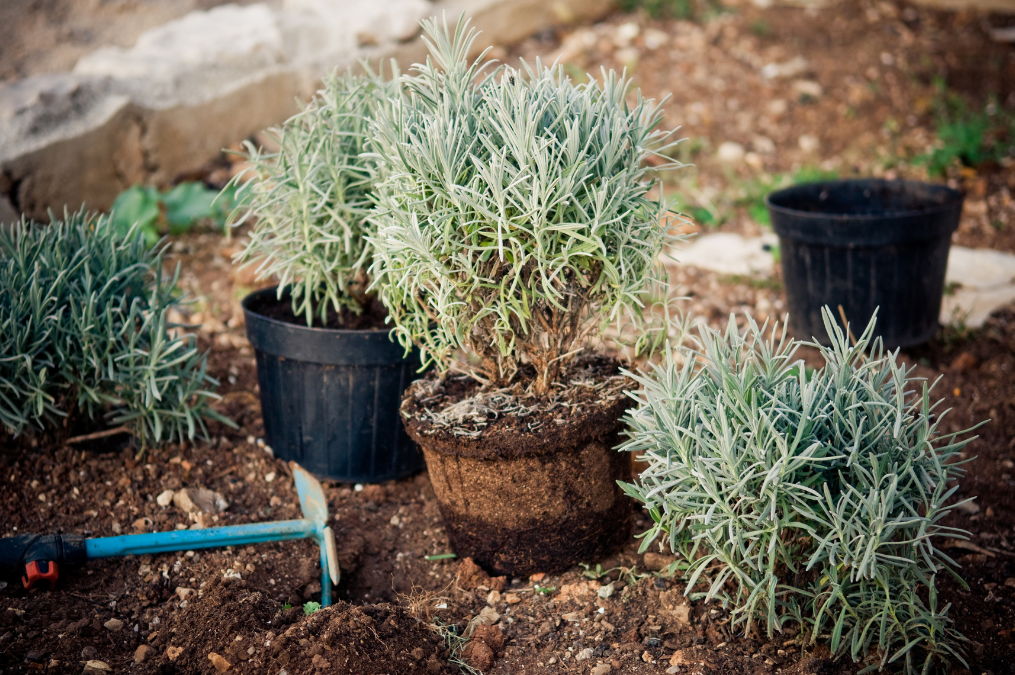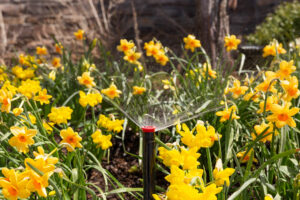Mosquitoes, those tiny buzzing insects that are a common nuisance in many parts of the world, can not only ruin outdoor activities but also pose significant health risks as carriers of deadly diseases like malaria, dengue fever, and Zika virus. While chemical repellents and insecticides are widely used to keep mosquitoes at bay, there is a natural and environmentally friendly alternative worth exploring: plants and their mosquito-repellent properties, offering an effective and eco-conscious solution to combat these pesky insects.
Mosquito-repelling Plants
Citronella
One of the most well-known natural mosquito repellents is citronella. This perennial grass emits a distinct lemony aroma that masks the scents that attract mosquitoes, effectively repelling them. Citronella oil, extracted from its leaves, is commonly used in candles, sprays, and lotions. Planting citronella in your garden or patio not only adds a touch of greenery but also acts as a natural shield against mosquitoes.
Lavender
Lavender, known for its beautiful purple flowers and calming fragrance, is also a potent mosquito deterrent. Its aroma is pleasant to humans but repels mosquitoes. By planting lavender in your garden or placing potted lavender indoors, you can enjoy the dual benefits of its charming beauty and mosquito-repellent properties. Additionally, dried lavender can be used in sachets or essential oils to enhance its efficacy as a natural repellent.
Marigold
Marigolds are vibrant, sun-loving flowers that possess natural insect-repellent properties, particularly against mosquitoes. The flowers contain a compound called pyrethrum, which is often used in commercial insect repellents. Planting marigolds in your garden or near windows can act as a natural barrier, deterring mosquitoes from entering your home.
Catnip
Catnip, a member of the mint family, is well-known for its attraction to cats. However, it also has a remarkable ability to repel mosquitoes. The essential oil found in catnip, called nepetalactone, is about ten times more effective at repelling mosquitoes than DEET, a common synthetic insect repellent. While planting catnip around your outdoor living areas may attract feline visitors, it will certainly help keep mosquitoes at bay.
Rosemary
Rosemary, a fragrant herb often used in cooking, can serve as an effective mosquito repellent. Its woody scent masks the attractive scents that lure mosquitoes, reducing their presence. Growing rosemary in your garden or using rosemary-infused oils or sprays can help create a mosquito-free environment while adding flavor to your culinary endeavors.
Lemon Balm
Lemon balm, a member of the mint family, emits a strong lemon fragrance that repels mosquitoes. Crushed lemon balm leaves can be rubbed on the skin as a natural mosquito repellent. Additionally, you can plant lemon balm in your garden or keep potted plants indoors to deter mosquitoes and enjoy the refreshing aroma.
While mosquitoes continue to be a persistent problem in many parts of the world, nature has provided us with an array of plants that possess mosquito-repellent properties. By incorporating these plants into our surroundings, whether in gardens, pots, or as essential oils, we can create a natural defense against these irritating insects without resorting to harmful chemicals.
Previous Articles:
UTILIZING SPRINKLER RAIN SENSORS
THE IMPORTANCE OF A SPRINKLER TURN-ON
BENEFITS OF AN AUTOMATIC IRRIGATION SYSTEM



